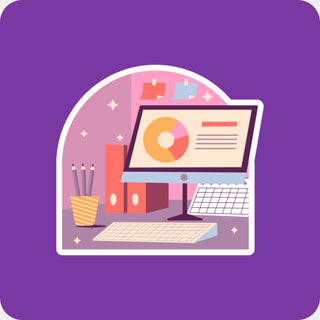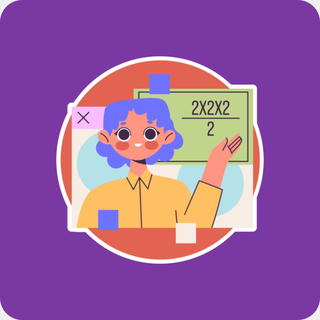Introduction
Career counseling is not just about guiding individuals on their professional paths; it's also about forging meaningful connections and building trust. Emotional intelligence, often referred to as EQ, plays a vital role in this aspect of career counseling. In this short article, we will explore the significance of emotional intelligence in career counseling and how it contributes to the establishment of strong client-counselor relationships.
Understanding Emotional Intelligence
Emotional intelligence encompasses a range of interpersonal and intrapersonal skills that enable individuals to recognize, understand, manage, and navigate their own emotions and the emotions of others. It includes elements such as empathy, self-awareness, active listening, and effective communication.
Why Emotional Intelligence Matters in Career Counseling
-
Empathy: Career counselors with high EQ can empathize with their clients' experiences, concerns, and aspirations. This empathy creates a safe and supportive environment where clients feel understood and valued.
-
Building Trust: Emotional intelligence is a cornerstone of trust-building. When clients perceive their counselor as emotionally attuned and responsive, they are more likely to trust their guidance and advice.
-
Effective Communication: Emotional intelligence enhances communication skills. Counselors with high EQ can convey information, feedback, and recommendations in a way that resonates with clients, leading to better comprehension and cooperation.
-
Conflict Resolution: In career counseling, conflicts or differences of opinion may arise. Emotional intelligence equips counselors with the skills to manage and resolve conflicts in a constructive manner, preserving the client-counselor relationship.
-
Motivation and Support: Career counselors with emotional intelligence can inspire and motivate clients to take action. They understand how to provide encouragement and support that aligns with the client's emotional needs.
Practical Applications of Emotional Intelligence
-
Active Listening: Practice active listening by fully engaging with clients during sessions. Give them your undivided attention, ask open-ended questions, and reflect on their thoughts and emotions to demonstrate your understanding.
-
Empathetic Responses: Respond to clients' emotions with empathy and validation. Acknowledge their feelings and concerns, even if you don't necessarily agree with them. Show that you care about their well-being.
-
Self-Awareness: Develop self-awareness to recognize and manage your own emotions. This self-regulation enables you to maintain a composed and supportive demeanor, even in challenging counseling situations.
-
Empathetic Communication: Use empathetic language that conveys understanding and support. Phrases like "I can see how that would be challenging" or "Your feelings are valid" can be reassuring to clients.
-
Conflict Resolution Skills: Equip yourself with conflict resolution skills to address any disagreements or conflicts that may arise during counseling. Focus on finding common ground and solutions.
Conclusion
Emotional intelligence is a powerful tool in the arsenal of career counselors. It not only facilitates better client-counselor relationships but also enhances the overall effectiveness of career counseling. As career counselors continue to guide individuals through the complexities of their professional journeys, nurturing their emotional intelligence can make a profound difference in the impact they have on their clients' lives. By fostering trust, understanding, and open communication, career counselors with high EQ can empower individuals to make informed career decisions and achieve their aspirations with confidence.


























